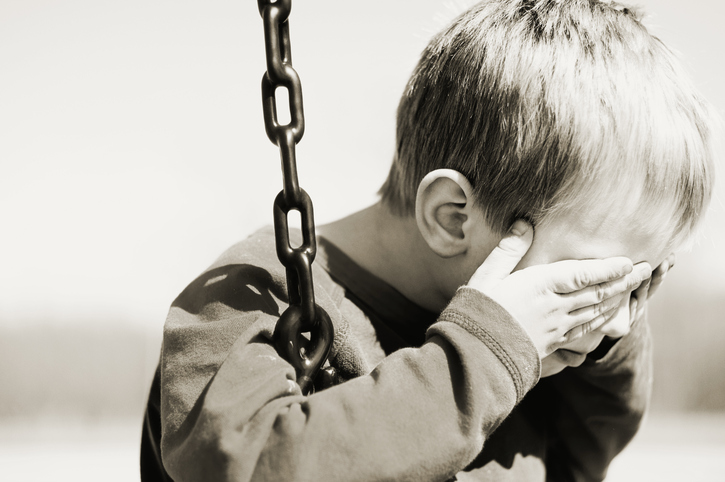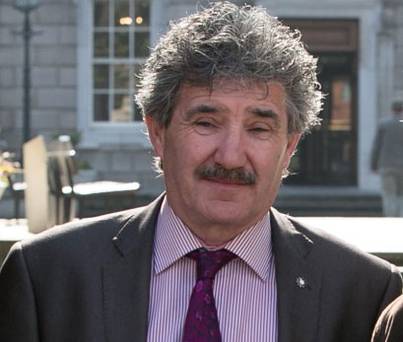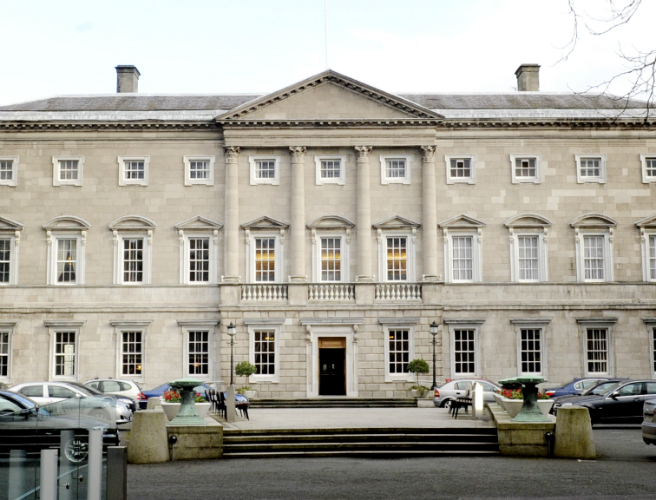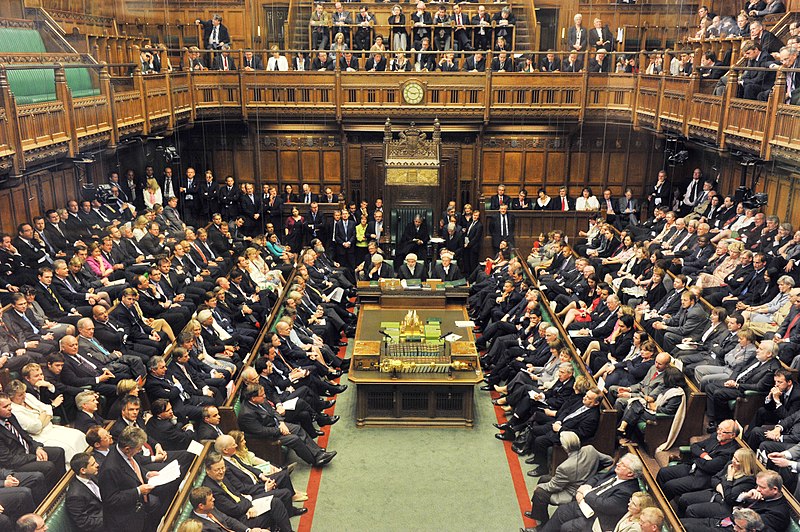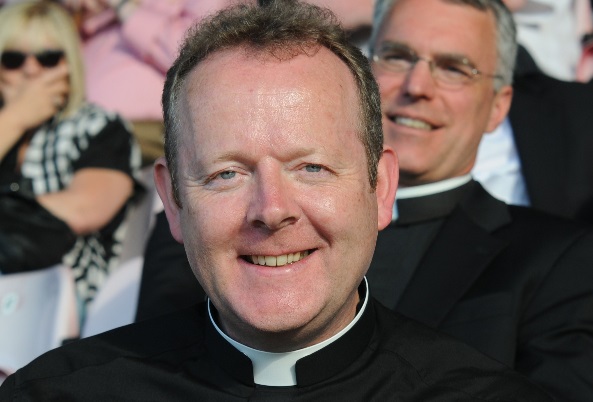Amnesty International has called on the British government to introduce a liberal abortion regime to Northern Ireland after the Republic voted to remove the right to life of the unborn to pave the way for a radical abortion law. Amnesty’s campaign manager in the North, Grainne Teggart, was speaking on Saturday morning as the vote was still being counted in the repeal referendum. She said the British government can “no longer turn a blind eye and deny us equality”.
“We cannot be left behind in a corner of the UK and on the island of Ireland as second-class citizens,” she said.
“It must not be forgotten that us women in Northern Ireland are still persecuted by a Victorian-era abortion ban. It’s hypocritical, degrading and insulting to Northern Irish women that we are forced to travel for vital healthcare services but cannot access them at home.”
Separately, the London-Irish Abortion Rights Campaign have said they will immediately transfer their focus to changing the law in Northern Ireland in an attempt to continue the momentum achieved during the vote to repeal the Eighth Amendment. They said the decisive Yes vote meant there is a strong mandate to continue campaigning for change north of the Border.
Sinn Féin’s leader Mary Lou McDonald said she wanted urgent action to make abortion more widely available in the North, but that change should not be imposed by Westminster.
“I think it would be a scandal if a woman in Dundalk was to have rights and access to services a woman in Newry was denied,” she said, but the change should be made by Stormont, not by London.

